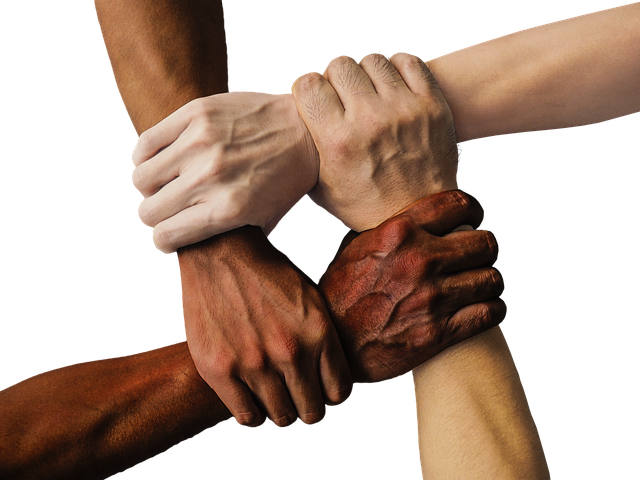In an age where technology thrives and connects individuals across the globe, the realm of gaming integration emerges as a significant bridge for fostering community. The rise of eSports and multiplayer games has transformed the way we interact with one another, creating spaces where friendships blossom, and diverse communities unite around a common passion for gaming.
Gone are the days when gaming was viewed as a solitary pastime. Today, platforms like Twitch and Discord are abuzz with enthusiastic players sharing strategies, discussing game lore, and celebrating their achievements. These platforms allow players not only to connect but to form meaningful relationships that transcend geographical boundaries. Through online gaming, individuals from different cultures come together, learning from one another while engaging in collaborative play.
eSports, the competitive wing of gaming, has taken community building to new heights. Tournaments held both physically in arenas and virtually online attract millions of spectators, turning players into global icons. The thrill of competition brings fans together, igniting discussions and interactions that create bonds amongst strangers. Teams like Fnatic and Team Liquid are not just names; they represent communities that rally behind their players, fostering a sense of belonging.
Additionally, the integration of gaming into community events—like charity streams or local tournaments—shows how gaming can inspire collective action for a common cause. Gamers can rally together to support local charities or raise awareness for important issues, demonstrating that their passion extends beyond the screen. This communal effort amplifies the feeling of togetherness, showcasing the heart behind gaming integration.
Moreover, multiplayer games are redefining social interactions. Titles such as Fortnite and Among Us have created spaces where individuals can collaborate, strategize, and compete while laughing and celebrating victories together. These moments forge lasting connections, as players form clans or guilds, sharing not just in-game resources but life experiences and personal stories.
As we delve deeper into the world of gaming integration, it becomes increasingly evident that gaming is not merely about winning or losing. It’s about the connections forged, the relationships built, and the community that arises through shared experiences. Players from all walks of life are coming together, proving that gaming is a universal language that can nurture friendships and empower individuals.
While gamers might find joy in achieving high scores or completing quests, the real achievement lies in the communities that emerge through their shared passion. Through the lens of gaming integration, we see not just a pastime but a powerful tool for weaving the intricate tapestry of community, one game at a time.




